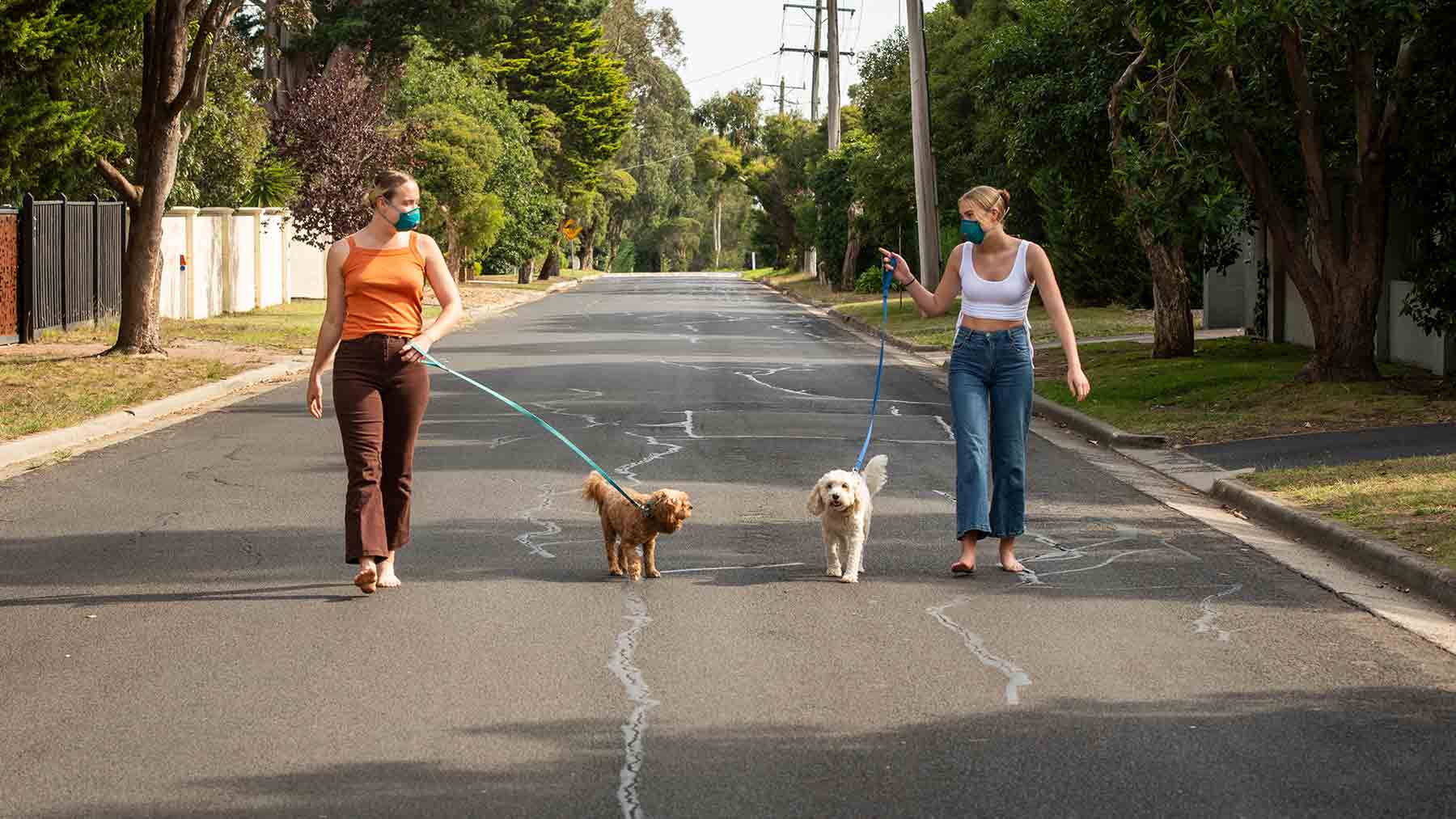How to politely decline social invitations to events during COVID-19

Editor’s note: As what we know about COVID-19 evolves, so could the information contained in this story. Find our most recent COVID-19 blog posts here, and learn the latest in COVID-19 prevention at the Centers for Disease Control and Prevention.
For weeks now, many people have been sheltering in place and limiting social contact with others to help curb the spread of the coronavirus during the COVID-19 outbreak.
But now, as states start loosening these restrictions, there’s something new to worry about: how to respond to invitations to social events.
What in the past would have been an easy decision, such as attending a pool party, a happy hour, a backyard barbecue, a graduation party or a wedding reception, could now be a cause for concern.
For each of us, this decision will be highly personal, and may vary depending on each circumstance. For instance, a small backyard cookout with one another family wearing masks and practicing appropriate social distancing may be OK for most people. But a raucous pool party or graduation party lacking masks and social distancing may not be a good idea.
What are some tips for declining invitations to social events that don’t feel safe?
- Give yourself permission to decline. You’re allowed to make your own decisions about what you’re comfortable with. If you decide that a social gathering involves too much risk for you, it’s OK to say “No thank you.”
- Try to distance yourself from the need to be “right.” Your personal risk factors, as well as your perception of the level of risk, may differ from someone else’s. That’s OK. If your goal is to preserve the relationship, it’s best to begin from a non-judgmental place. Try to assume that everyone is just trying to do the best they can with a really challenging situation.
- Be polite, but assertive. It’s not necessary to go into detail about your reason(s) for declining, unless you want to. You don’t have to convince anyone else that you’re making the best decision for you.
- Give yourself permission to feel disappointed. Many of us are yearning for in-person interactions and social outlets. Feeling sad that you’re going to miss out on an opportunity to see people that you care about makes sense.
- Be upfront about your feelings. Let folks know that you care about them and you miss them. And, while you’re looking forward to being able to see them in person, you’re just not ready yet. Acknowledging your genuine desire to attend, while also maintaining fidelity to your own needs, will help you keep the lines of communication open.
- Offer an alternative idea. If you’re not comfortable engaging in one kind of social interaction, but you might be open to something else (smaller scale, a different setting, an alternate activity, etc.), let them know and try to arrange something else.
Why should you prioritize your health over social events now?
As most states begin to relax restrictions, we’re all going to be searching for ways to balance social needs with personal and public health needs. It’s unlikely that we’re going to be able to maintain an “all-or-nothing” stance in perpetuity.
But we have to remember that we each have but one physical body that is ours to maintain as best we can. Especially in times of stress and uncertainty, the decisions we make related to our own health and well-being are paramount.
While social needs play a role in overall well-being, seeking safe social avenues in order to minimize physical risk during this time remains a key component of protecting ourselves and each other from COVID-19.
Arianna Galligher is a licensed independent social worker supervisor and the associate director of the STAR Trauma Recovery Center at The Ohio State University Wexner Medical Center.




